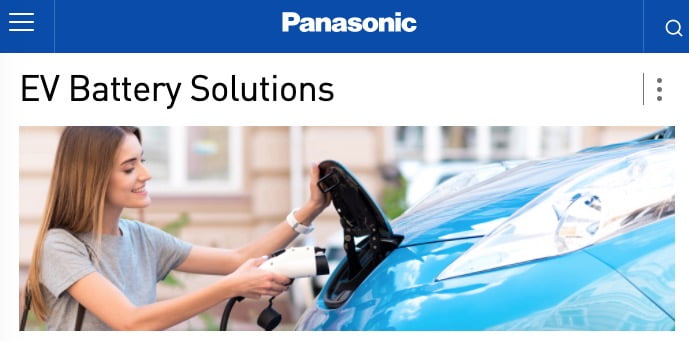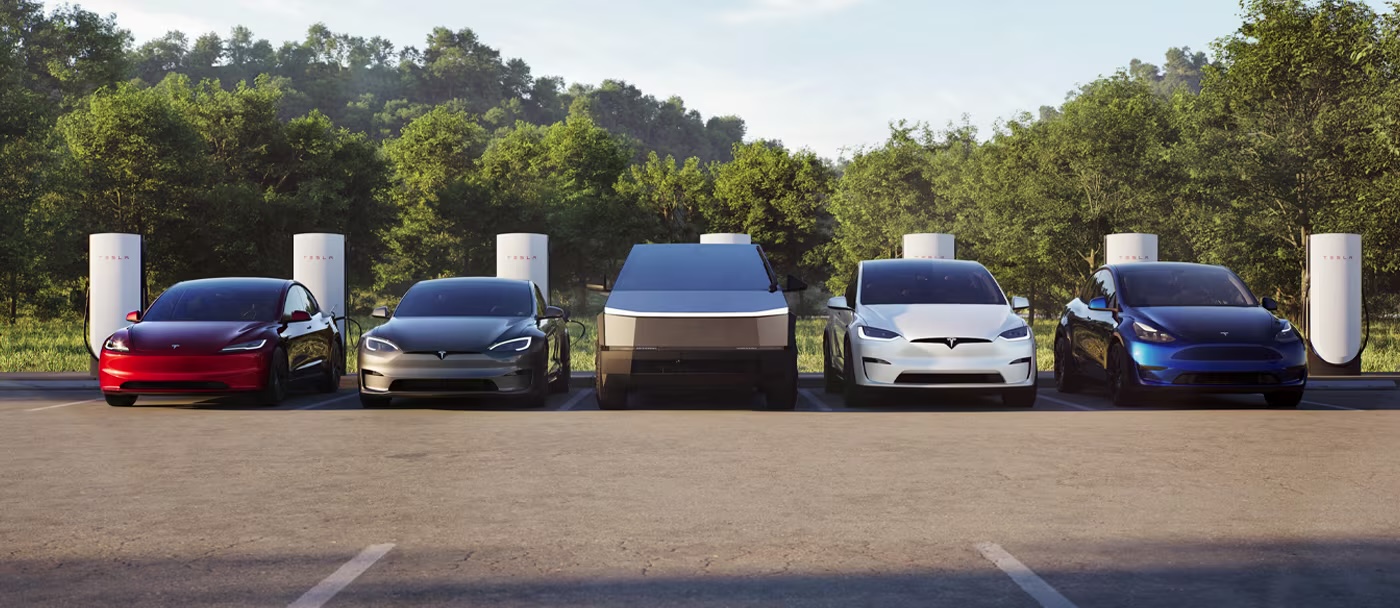
Panasonic Charges Ahead with Another North American Battery Plant

Panasonic, a major supplier to Tesla, announced plans to announce a third EV battery production site in North America by March 2024, signaling a significant expansion in the company’s commitment to electric vehicle (EV) manufacturers. This announcement follows the selection of De Soto, Kansas, as the location for a $4 billion battery factory last year. Panasonic also operates a plant in Nevada.
As part of this expansion, the Japanese electronics and battery giant plans to quadruple its battery manufacturing capacity and enhance the energy density of its battery by 25 percent by the end of this decade, preparing for an anticipated surge in electric vehicle demand.
Panasonic Energy CEO Kazuo Tadanobu forecasted a nearly fourfold increase in battery revenue to 2.5 trillion yen ($17.9 billion) in the period leading to the fiscal year ending in March 2031. The projected surge is attributed to the expansion of the company’s global battery production and procurement capacity to 200 gigawatt-hours, a significant rise from 50 GWh in the fiscal year that ended in March.
“In order to respond to quickly growing EV demand,” Tadanobu said, “we will be increasing capacity.” He also outlined plans for next-generation improvements to Panasonic’s cells, with the energy density of its lithium-ion batteries projected to reach 1,000 watts per liter in 2030 from the current 800 watts per liter, reports Automotive News.
Regarding the new North American battery production site, Tadanobu revealed that there are several potential locations, but did not provide further details. He assured, however, that the upcoming plant will be equipped with Panasonic’s most advanced and cost-efficient manufacturing processes and will have a similar capacity as the Kansas site, around 30 GWh.
Panasonic also intends to produce the next-generation version of its 2170 cylindrical battery and the high-density 4680 cylindrical battery in its Kansas plant and a factory in Wakayama, Japan. These new batteries are destined for Tesla models and Lucid Motors.
In tandem with these initiatives, Panasonic plans to bolster its development and manufacturing infrastructure in Japan and recruit 1,000 additional employees to enhance battery development and production. This will involve the opening of a new cell technology center near Osaka in 2025.
Panasonic aims to improve the performance of its next-generation batteries by reducing the use of nickel and rare-earth metals and increasing the use of graphite, according to Tadanobu.

